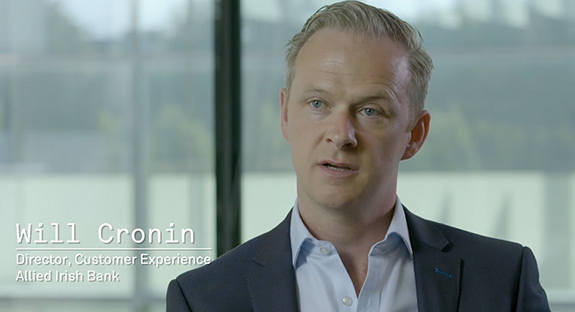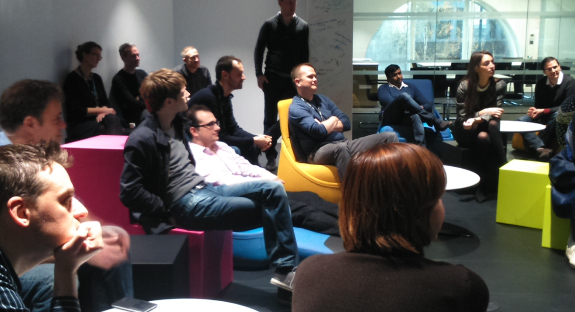Strategy, design & technology
The full breadth of Wipro Digital and Designit capabilities in strategy, design and technology positions us at intersections where we derive insight, shape interaction, develop integration and unlock innovation - with the customer's journey at the center of everything we do.
Strategy
The full breadth of Wipro Digital and Designit capabilities in strategy, design and technology positions us at intersections where we derive insight, shape interaction, develop integration and unlock innovation - with the customer's journey at the center of everything we do.
- Digital fitness
- Digital organisation design
- Digital strategy
Design
The full breadth of Wipro Digital and Designit capabilities in strategy, design and technology positions us at intersections where we derive insight, shape interaction, develop integration and unlock innovation - with the customer's journey at the center of everything we do.
- Brand design
- Innovation strategy
- Interaction design
- Product design
- Service design
- User experience (UX)
- User research
Technology
The full breadth of Wipro Digital and Designit capabilities in strategy, design and technology positions us at intersections where we derive insight, shape interaction, develop integration and unlock innovation - with the customer's journey at the center of everything we do.
- Digital architecture
- Digital asset management
- Digital engineering
- Digitized enterprise operations
- Platforms & solutions
Insights
Enormous amounts of information are now accessible as never before - from proprietary big data to new public sources of open data. We’ll help you make sense of the challenges to make better decisions.
Interaction
We experience brands today in the personalised, adaptive, and momentary points of interaction that occur between brands and our everyday lives. We put people at the heart of the design process and make things that matter.
Integration
Great digital experiences require the alignment of business functions around the customer journey. For businesses operating at scale, this requires new ways of working that combine technical agility with a relentless focus on the customer.
Customer journey engineering
We put the customer at the center of a multidisciplinary, agile approach: alignment of strategy, design, and technology around the customer journey, enabling innovation of the product service experience through iterative, incremental activations and deliver continual enterprise transformation at speed and at scale.
 Locations
Locations





































